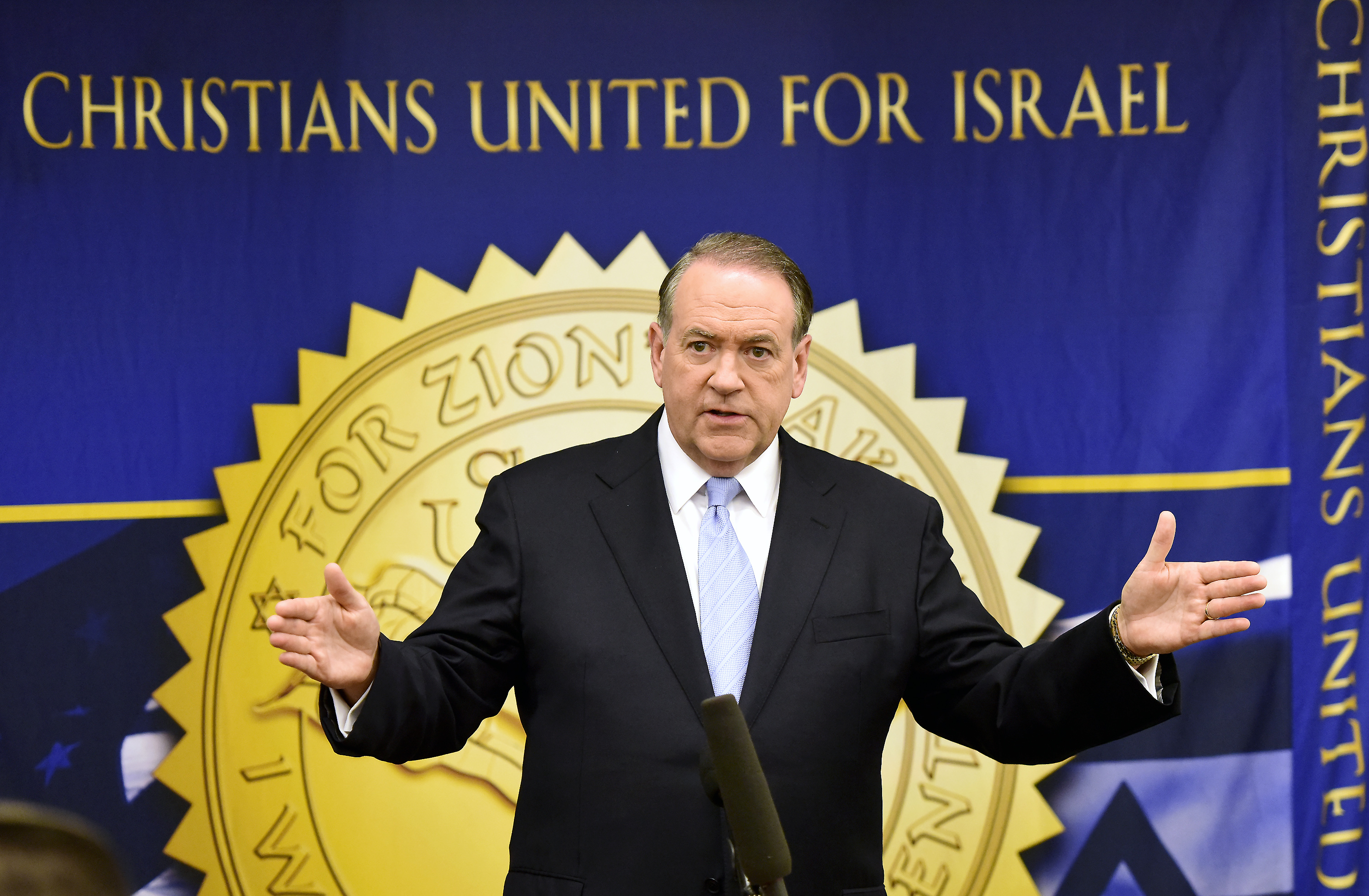Only 34 percent of young evangelicals support the kosher nation
Shibley Telhami analyzes survey data showing younger American evangelicals being less supportive of the U.S. leaning towards Israel over the Palestinians.

www.google.com
Excerpt:
These trends in American politics may explain the recent statement by former Israeli Ambassador to the United States Ron Dermer that Israel should spend more of its energy reaching out to “passionate” American evangelicals than to Jews, who are “disproportionately among our critics.”
Criticizing Dermer, Israel’s former consul general in New York, Dani Dayan, added that “our embassy in the United States capital has invested most of its energy in the relationship with conservatives, Republicans, evangelicals, and a certain type of Jews only.”
But a new survey commissioned by University for North Carolina at Pembroke researchers, carried out by Barna Group, has exposed what we have been finding for some time: younger evangelicals are much less supportive of Israel than older evangelicals, by a widening margin.
The poll found a dramatic shift in attitudes between 2018 and 2021: support for Israel among young evangelicals dropped from 75% to 34%. This raises questions about the sustainability of the strong evangelical support for Israel that the Israeli right has cultivated for years and that proved reliable during the Trump administration.
To examine this shift further, I analyzed our two large University of Maryland Critical Issues Poll surveys of evangelicals in 2015, at the start of the U.S. presidential campaign, and 2018, two years into Donald Trump’s presidency. The gap in support for Israel between under-35 evangelicals and those 35 and over had widened significantly by October 2018.
Note that our poll question, asked over many years, probes specifically “the role that you want the United States to play in mediating the Israeli-Palestinian conflict” with three options: lean toward Israel, lean toward the Palestinians, and lean toward neither side. Over the years the percentage of evangelicals/born-again Christians who chose “lean toward Israel” has been higher than any other segment of the population. And, as expected on many issues across the U.S. population, including on the issue of Israel, age is a factor. Overall, older (35 and up) Americans have been more likely to want the United States to lean toward Israel than younger (18-34) ones. But there are notable differences in the trends among evangelicals compared with those of the rest of the population.
First, our 2018 poll showed a dramatic drop in young evangelicals’ support for Israel since 2015, accompanied by a dramatic rise in those wanting to see the U.S. lean toward the Palestinians. While 40% of young evangelicals wanted the U.S. to lean toward Israel in 2015, only 21% said the same in 2018. At the same time, while only 3% of young evangelicals wanted to lean toward the Palestinians in 2015, 18% gave that reply in 2018. The difference between the partisans of the two sides shrunk from 37 percentage points in 2015 to three points in 2018 — a virtual tie (within the margin of error).
